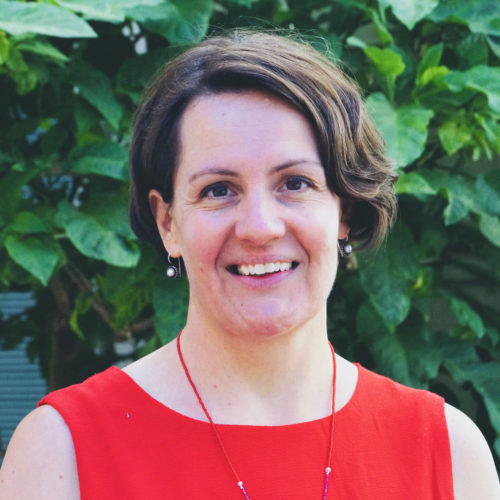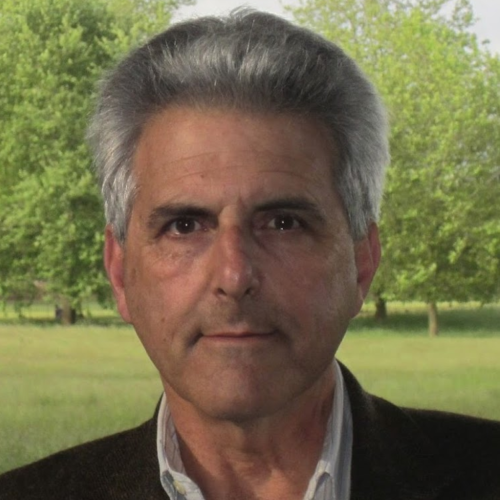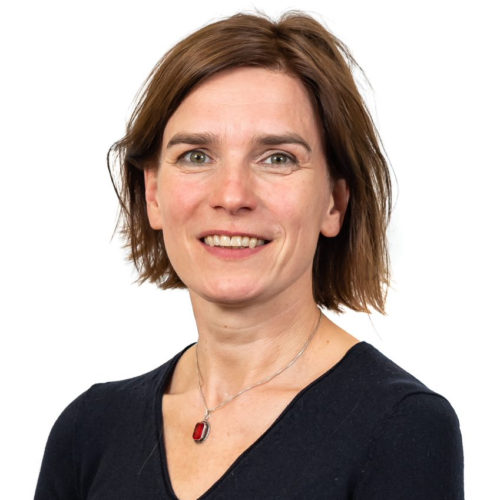S: Environment and Climate Change
Network S accepts abstracts of approximately 500 words (without references) – deadline December 16 2024 – for the 2025 SASE Conference in Montreal (9-12 July 2025).
Network S will also organize 2 virtual sessions during the virtual conference days (1-3 July 2025), as well as one hybrid session during the on-site conference (9-12 July).
Submissions can be made through the usual process, details here: https://sase.org/event/2025-montreal/#submission-guidelines
2025 Call for papers
The “Environment and Climate Change” network at SASE invites submissions for the 2025 Annual Conference in Montreal, Canada. Network S is an interdisciplinary collective focused on understanding the social and institutional dimensions of planetary change, and specifying the possibilities, contentions, and tradeoffs in addressing such change. Being an interdisciplinary network, submissions from across the social sciences, including sociology, geography, anthropology, political science, economics, urban planning, and science and technology studies are encouraged.
Papers focused on the political, economic, and social aspects of environmental and climate governance are encouraged to apply. We are eager to gather research that squarely addresses empirical topics linked to decarbonization and energy transition efforts, processes of climate adaptation, work on biodiversity loss, abatement of air/soils/water pollution, as well as analysis of pathways forward, such as local and/or radical alternatives to current environmentally destructive socio-economic relations. We also welcome research providing theoretically or methodologically innovative approaches to the study of the above topics from different disciplinary perspectives. Submissions that speak to this year’s conference theme: “Inclusive Solidarities: Reimagining Boundaries in Divided Times” are doubly encouraged.
For questions about Network S, contact any of the organizers:
Stephanie Barral (stephanie.barral@inrae.fr)
Neil Fligstein (fligst@berkeley.edu)
Ritwick Ghosh (rghosh9@ncsu.edu)
Ian Gray (ipg2109@columbia.edu)
Simone Pulver (pulver@ucsb.edu)
Vera Trappmann (V.Trappmann@leeds.ac.uk)
Network Description
This Network aspires to advance a broad, interdisciplinary, and critical dialogue on the interactions between the economy, society, and the environment. Major problems from climate change to ecosystem collapse prompt an urgent need to analyze the interdependence of economy and environment and to reimagine current models of economic prosperity and wellbeing. Among the core challenges are the need to limit carbon emissions, industrial pollution, and biodiversity decline, and to adapt our cities and rural spaces to unprecedented forms of environmental risks. Now more than ever, the social sciences need to investigate the environmental basis of economic activity and the social and economic structures that shape socio-environmental interactions, in order to assess the possibilities and tradeoffs for transforming our political, economic, and social institutions toward less ecologically destructive modes of living.
The “Environment and Climate Change” network is intended as an interdisciplinary collective, drawing on scholarship and expertise from sociology, economics, international relations, political science, STS, geography, and political ecology. We invite papers that examine both institutional change and persistence in response to multiple and simultaneously unfolding environmental crises. This includes work that focuses on national and international policy developments as well as innovative approaches that center on market coordination and private self-regulation. We seek to understand why institutional change has been so incremental and to identify instances where lasting transformations have been achieved and sustained. We are also particularly interested in understanding how proposed solutions affect those least responsible yet most vulnerable to these changes, both in the Global South and North. An overarching goal of this Network is to consider how the dominant political economic structure, call it capitalism, is positioned to address the socio-ecological crisis, and to identify plausible alternatives.
French National Institute for Agriculture, Food and Environment Research (INRAE)
Stéphanie Barral
Stéphanie Barral is a sociologist at the French National Institute for Agriculture, Food and Environment Research (INRAE), with expertise in economic and political sociology. Her work focuses on the contemporary transformations of environmental and agricultural policies. Her first book (« Capitalismes Agraires », Presses de Sciences Po, 2015) analyzes the growth of capitalist palm oil plantations in South East Asia despite social and environmental criticism. Her on-going work is about the increasing use of market mechanisms as instruments of environmental policies and the role of private interests and investments in their implementation. Field work includes carbon and biodiversity programs, in France, the USA and South-East Asia.
University of California, Berkeley
Neil Fligstein
Neil Fligstein is the Class of 1939 Chancellor’s Professor in the Department of Sociology at the University of California. He has made research contributions to the fields of economic sociology, organizational theory, political sociology and social stratification. He is the author of eight books including The Transformation of Corporate Control (Harvard University Press, 1993), The Architecture of Markets (Princeton University Press 2001), Euroclash (Oxford University Press, 2008), A Theory of Fields (with Doug McAdam, Oxford University Press, 2012), and The Banks Did It (Harvard University Press, 2021). He is currently working on a project trying to understand corporate and governmental responses to climate change.
North Carolina State University
Ritwick Ghosh
Ritwick Ghosh is an Assistant Professor in Forestry and Environmental Resources at North Carolina State University. Ritwick studies and teaches environmental governance, with expertise in the role of markets in advancing sustainable land practices. Ritwick is a deeply interdisciplinary scholar and contributes to debates in ecological economics, sociology, and science and technology studies. His research has a global focus, with projects in India, the US, Europe, and Indonesia. Ritwick has held positions and fellowships at New York University, Arizona State University, and the University of Denver. Ritwick received his Masters and PhD from Cornell University.
French Institute for Research and Innovation in Society (IFRIS)
Ian Gray
Ian Gray is a Post-doctoral Fellow of the French Institute for Research and Innovation in Society (IFRIS), affiliated with the Écoles des Hautes Études en Sciences Sociales (EHESS) in Paris. He is interested in how environmental problems become economic problems and the gradual but contested integration of knowledge from the earth system sciences into different arenas of economic and administrative decision-making. His current research is focused on the politics of calculating and preparing for the impacts of climate change in financial markets.

University of California, Santa Barbara
Simone Pulver
Dr. Simone Pulver is an Associate Professor of Environmental Studies and Director of the Environmental Leadership Incubator at the University of California, Santa Barbara, where she leads a research team that investigates patterns in the environmental impact of business, what drives those patterns, and how those drivers might be transformed. Her interdisciplinary research integrates perspectives from organizational theory, environmental and economic sociology, and global governance. Pulver has led National Science Foundation research projects analyzing oil industry responses to climate change, climate politics in Mexico, low carbon investments by firms in Brazil and India, and toxic pollution in American manufacturing. She publishes in leading environmental journals including Environmental Research Letters, Global Environmental Politics, and Organization and Environment and a co-editor of Foundations of Socio-Environmental Research: Legacy readings with commentaries, forthcoming from Cambridge University Press. Pulver is also editor for the carbon economy and climate mitigation domain of the review journal WIREs Climate Change.
Leeds University
Vera Trappmann
Vera Trappmann is Professor of Comparative Employment Relations at Leeds University. She obtained her PhD at the European University Viadrina in 2009 after completing a Diplom in sociology at Bielefeld University and a Master degree in Russian and East European Studies at Stanford University.
Her research engages with the comparison of labour relations across Europe, her interests focus on the dynamics of restructuring of organizations and the labour market and its impact on working biographies, precarity and workers’ responses. This covers a broad range of areas studying platform work and mobilization, climate change and just transition, precarity and class. She has published a monograph on “Fallen heroes in global capitalism Workers and the Restructuring of the Polish Steel Industry with Palgrave Macmillan, 2 edited collections, and numerous articles in books and journals.
Learn more about the Leeds Index of Platform Labor Protest here.





